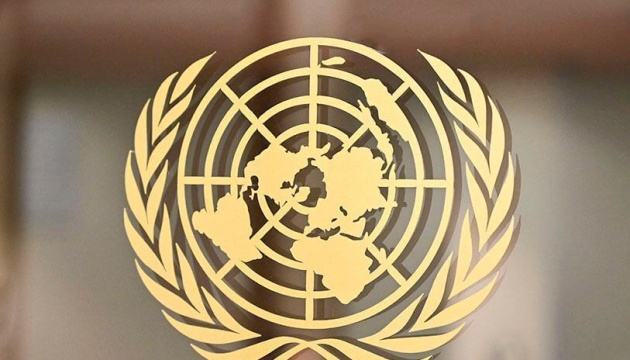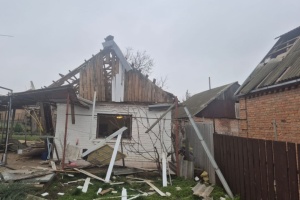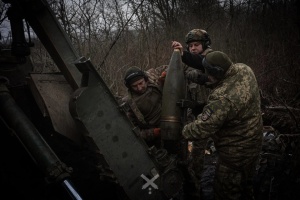
UN: Kakhovka HPP blast left 700,000 people without proper access to drinking water
UN Undersecretary-General for Humanitarian Affairs Martin Griffiths said this in an interview with The Associated Press, Ukrinform reports.
According to him, there is also the flooding of important agricultural land and a looming problem of providing cooling water for the Zaporizhzhia nuclear power plant, Europe’s largest, which had been supplied from the dam.
He stressed that the ravages of flooding will almost inevitably lead to lower grain exports, higher food prices around the world, and less to eat for millions in need.
Griffiths noted that waters also have rushed over areas with land mines from the war “and what we are bound to be seeing are those mines floating in places where people don’t expect them,” threatening adults and especially children.
“So it’s a cascade of problems, starting with allowing people to survive today, and then giving them some kind of prospects for tomorrow,” he said.
According to him, the United Nations will launch a special appeal for more aid funds for Ukraine to deal with “a whole new order of magnitude” from the dam’s explosion. However, Griffiths said he wants to wait a few weeks to see the economic, health and environmental consequences before announcing the appeal.
As reported by Ukrinform, after the Russian forces blew up the Kakhovka hydroelectric power plant on June 6, rescue operations and evacuation of the population from the areas affected by flooding are ongoing in Kherson region.




